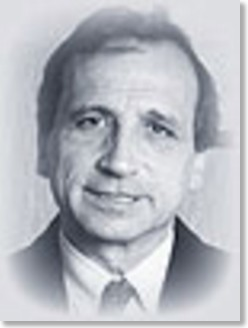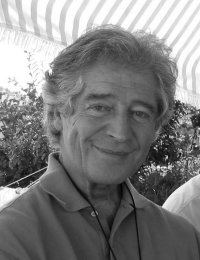Professeur Alfred SPIRA

Professor of Public Health and Epidemiology at the School of Medicine of Paris XI University, and head of the department of Public Health and Epidemiology at the Hospital of Bicetre, France.
From 1986 to 2000, he was head of a research unit in Public Health at Institut National de la Sante et de la Recherche Medicale (INSERM, the French Medical Research Coucil).
He his in charge of a Master Degree Program in Public Health and chief editor for the “Revue d’Epidemiologie et de Sante Publique”.
Although MD and epidemiologist (PhD) by training, he is very much interested by social and behavioural sciences. He coordinated the French national surveys undertaken to contribute to HIV infection prevention in the late 80’s (ACSF, Nature, 1992, 360 :407 ; Am J Public Health 1998;88:730) and has been working on the reproductive effects of exposure to ionizing radiation and to pesticides, through various epidemiological studies (Human Reprod, 1998;13:730 ; J Epidemiol Community Health 2001;55:469 ; Fertil Steril 2000;73:421). He has also been involved in various methodological developments of medical biostatistics, including experimental and observational designs.
He has been been teaching and undertaking epidemiological research in different countries, presently Lebanon, West bank in Israel (Palestine) and Denmark. He has also been teaching in Sarajevo during the war in 1994 and collaborating with WHO (mainly in Africa) since 20 years.
His main topics of interest are epidemiology and public health research and teaching, environment and health, diseases prevention and health promotion, human reproduction research, especially contraception, sexually transmitted diseases and infertility, Aids prevention and research on sexual behaviors, links between epidemiology and social sciences.
Since 2002, he his advisor for Public Health for the Mayor of Paris and created in this city a Parisian Public Health Observatory, beginning its activities on understanding the health implications of the 2003 heat wave in France, especially on old persons.
(2004)







